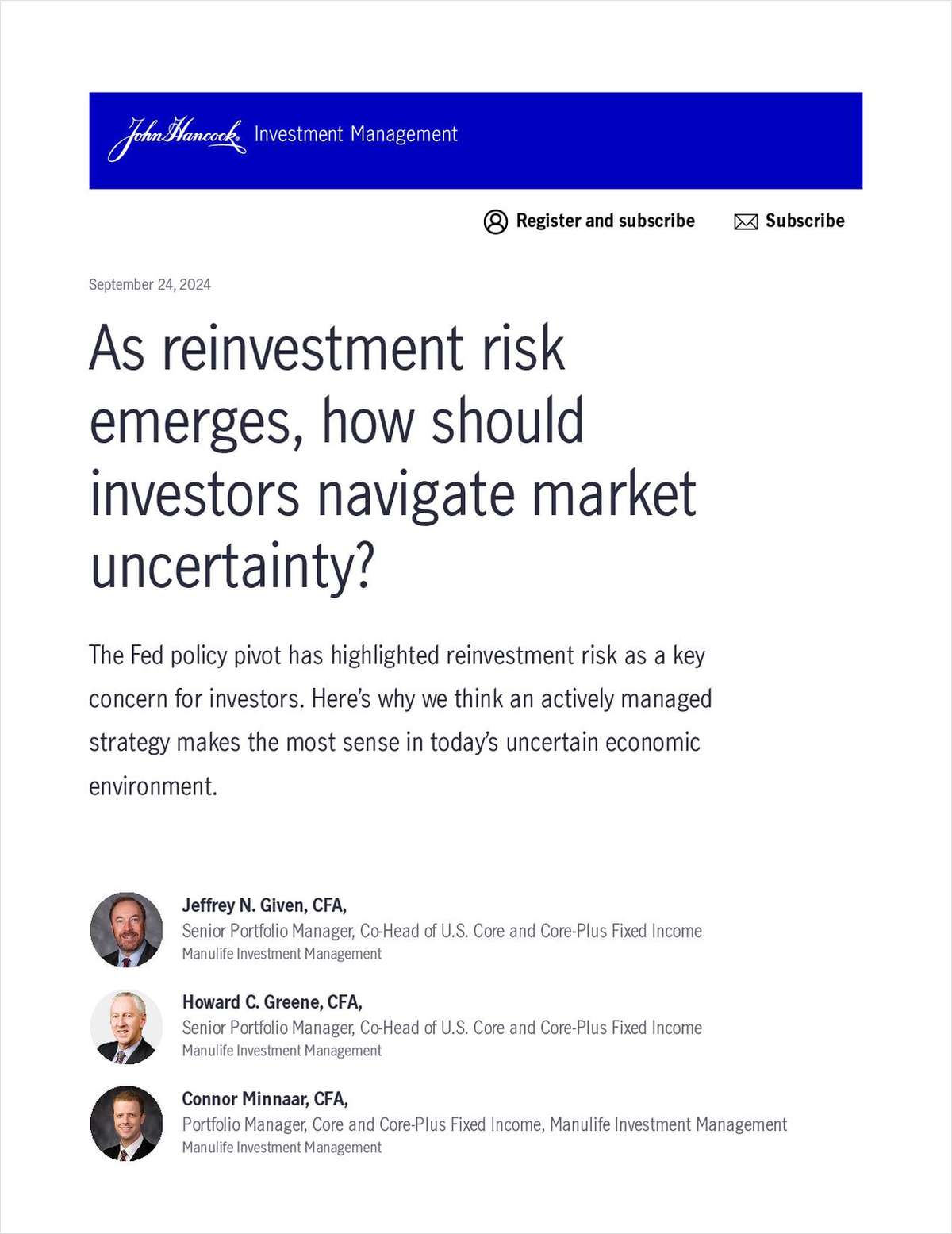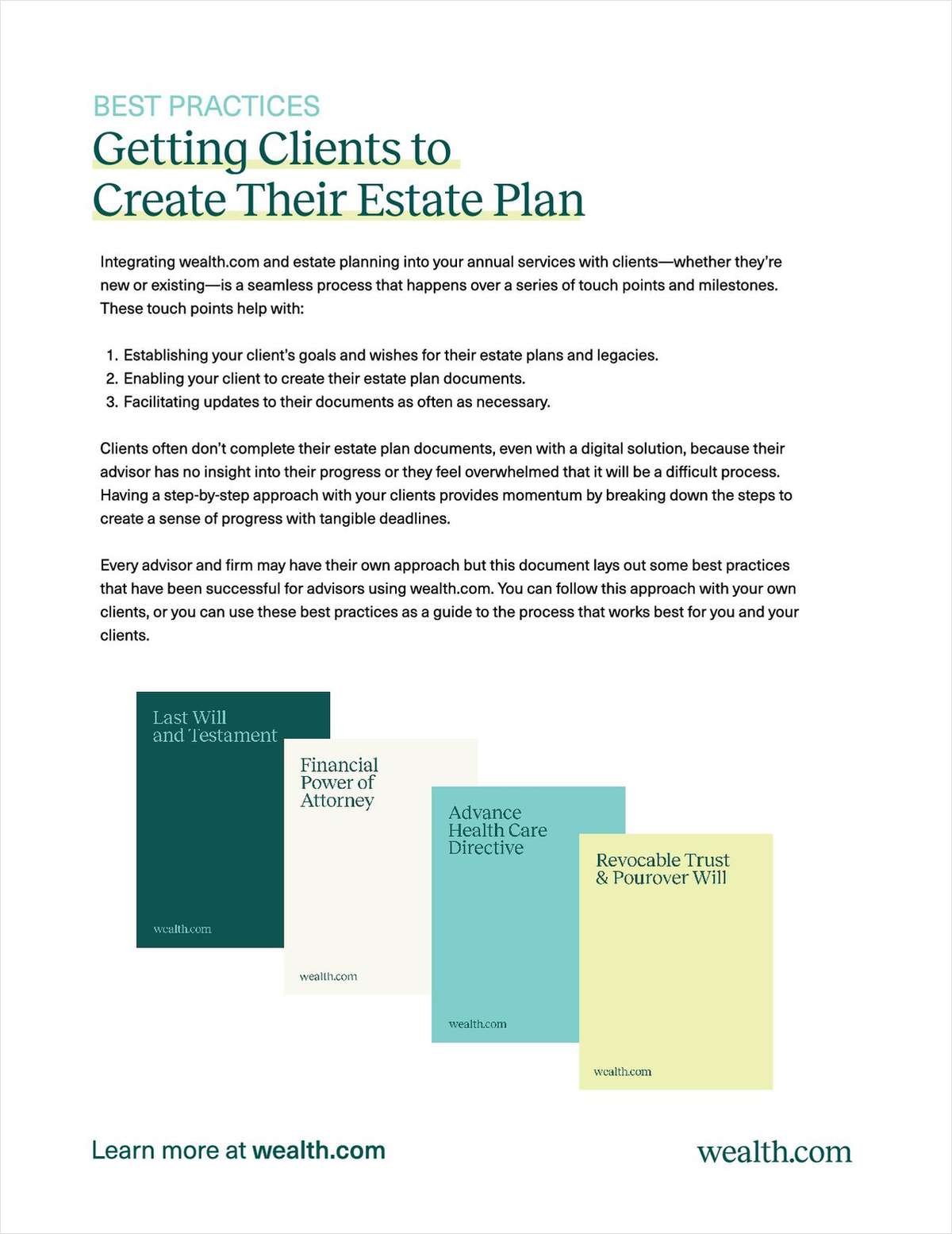Experience is not what happens to a man," wrote Aldous Huxley, "it's what a man does with what happens to him." Dave Huber says his planning clients have learned from their experience. The president of Huber Financial Group in Buffalo Grove, Illinois, Huber argues that his clients were chastened by the bear market of the early '00′s, and that they were now more likely to listen to his recommendations. That's especially true when it comes to making prudent investing decisions. For instance, Huber says his clients are now less likely to demand an overweight in a hot sector the way some clients agitated for tech stocks during the '90s.
Not much has changed, however, for many other investors. Advisors may preach the virtues of asset allocation, periodic rebalancing, and taking the long view when it comes to portfolio performance, but many Americans are deaf to those words. Many continue to chase the hot category, throwing their money into last year's best-performing sector. This month's cover story (page 60) by Staff Editor Bob Keane profiles manager Andy Pilara of the RS Value Fund, who acknowledges that investors' tendency to follow the hot money is at least partly responsible for the big run-up in assets that RS Value, formerly known as the RS Contrarian Fund, has seen over the past 24 months. As a small- to mid-cap value fund, RS Value isn't alone in attracting fickle funds. Our list compiled by Standard & Poor's of the 30 top-growing domestic mutual funds and ETFs over the past two years includes several other value funds. Pilara's challenge is to stick to his value-discovery guns while finding a place for those extra dollars. He has to do that while realizing that a good chunk of the money that flowed his way over the last 24 months might flow on to some other fund or investing vehicle over the next 24 months, once the data suggests or the pundits declare said sector or vehicle to be the market performance leader.
Such fickleness, a raft of columns and articles in this month's magazine suggests, is prompted less by current market conditions or demographics or even political considerations, and more by fundamental, mostly unchanging tenets of human behavior. Dan Wheeler of DFA explores in his column (page 51) some of the major findings of behavioral finance, spelling out how that knowledge can lead advisors to help their clients avoid common investing mistakes. In a break from her standard Q&A column format, Olivia Mellan (page 74) has written an essay presenting the results of her own research into the ways people think and feel about money, with suggestions on how your understanding of money stereotypes can advance the advisor-client conversation. Myra Salzer provides some timely reminders on the dynamics of the most rewarding, and complicated, human social group–families–in her article on the do's and don'ts of family offices (page 88).




